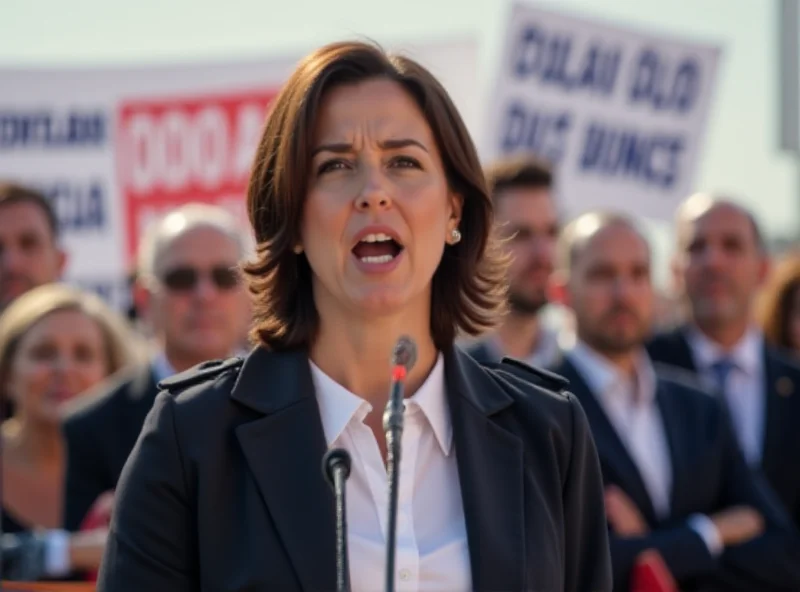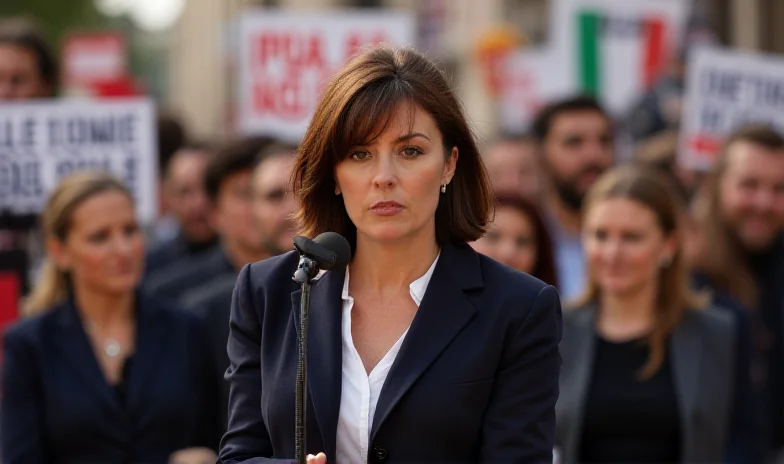Italian politics is currently a battleground, with heated debates raging over economic policies and the government's handling of the tragic Cutro migrant shipwreck. The opposition is demanding accountability and change.
Opposition Calls for Resignations
The political landscape is tense as opposition leaders, including Elly Schlein and Giuseppe Conte, clash with figures like Daniela Santanchè over economic policies. The core of the dispute revolves around who is truly representing the interests of ordinary Italians facing rising bills and financial pressures. The opposition has been vocal in demanding resignations, but a recent vote of no confidence was rejected, indicating the government's current stability, at least for the moment.

This political tug-of-war highlights deep divisions within the Italian government and society. The opposition argues that the current administration is out of touch with the everyday struggles of its citizens, while those in power maintain that their policies are the best course of action for long-term economic stability. The rejection of the no-confidence vote, however, doesn't silence the opposition. Expect continued pressure and scrutiny.
Remembering Cutro: Demands for Accountability
The Cutro shipwreck, which claimed the lives of 94 migrants, remains a raw wound in the national consciousness. Two years after the tragedy, a night vigil was held on the beach in Cutro to remember the victims. Survivors and families of the deceased were present, adding a poignant and deeply personal dimension to the event.
Elly Schlein, a prominent voice in the opposition, attended the vigil and stated: "The government must provide answers." This sentiment reflects a widespread demand for accountability and transparency regarding the circumstances that led to the tragedy and the government's response. The CEI (Italian Episcopal Conference) Vice President, Savino, also weighed in, cautioning against a "securitarian approach" to migration, urging a more compassionate and humane response.

The Cutro tragedy has become a symbol of the broader debate surrounding migration in Italy and Europe. The opposition argues that the government's policies have contributed to a climate of hostility towards migrants, while the government defends its approach as necessary to protect national borders and security.
Looking Ahead
The coming months are likely to see continued political friction in Italy. The opposition will likely continue to press the government on both economic policy and migration. The pressure from the opposition, coupled with the ongoing scrutiny from the public and international organizations, will force the government to defend its policies and potentially reconsider its approach to key issues. The future direction of Italian politics remains uncertain, but one thing is clear: the debates are far from over.

